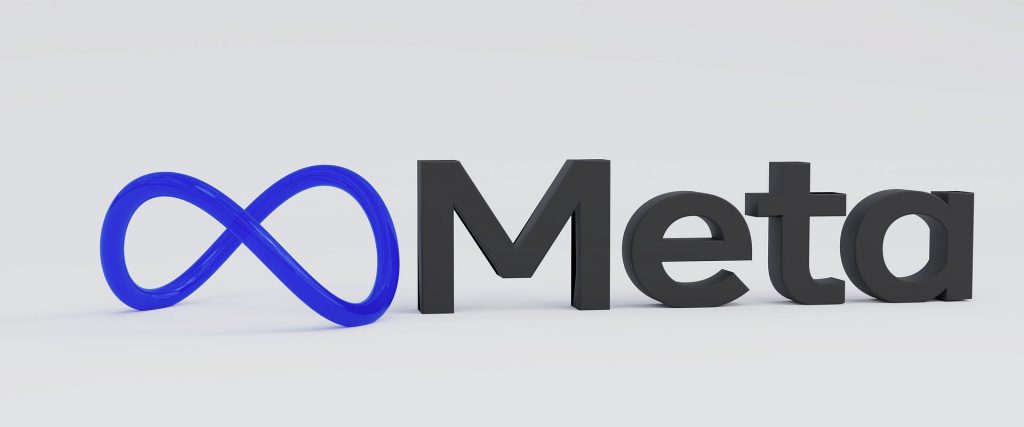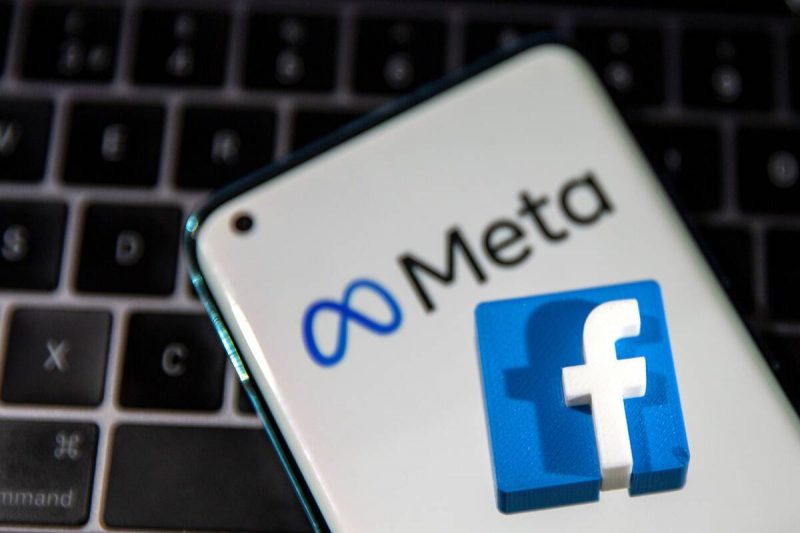Facebook’s plan to enter the metaverse had been in public for some years now. C.E.O. mark Zuckerberg had spoken on it countless times, terming it as the successor of the internet. Yet only until recently is when the plans started to come to life.
The biggest and boldest move involved Facebook changing its name to Meta. And since then, major news outlets have been filled with explainer articles and expert interviews on the metaverse concept. In addition, financial websites have also started exploring possible investment opportunities in the emerging sector.
But, within the crypto space, the response is relatively muted.
To a number of them, this seems more like an opportunistic invasion than an entry, given Facebook’s past handling of privacy and security issues, specifically data harvesting.
Nevertheless, metaverse tokens such as MANA(Decentraland) and SAND (Sandbox) enjoyed extensive rallies following Facebook’s rebranding move. And after a few days of the announcement, a company like Sandbox received USD 93 million in funding from investors.
Notably, the metaverse concept is not entirely new. For several years now, it has been in development. But with Facebook/Meta’sforay, questions linger. Does Meta have the decentralized agenda of the crypto community at heart? Or will it monopolize the sector?
What’s Known About Facebook Metaverse So Far?
With regards to its metaverse, Facebook has only released a promotional video so far. The video featuring its C.E.O Mark Zuckerberg and his metaverse avatar put across only bits of information on how things will work, but no more.
However, knowing how Facebook operates, the company is likely to come up with something a little different from what is already there. And this is worrying the community.
A decentralized, open architecture allows users to join and move around between different metaverses, barrier-free. And with Facebook having its currency (Diem) and a metaverse, some fear that the decentralization aspect might get lost somewhere in between.
Interoperability is the foundation of the crypto industry. And it is necessary to reduce friction between blockchains by allowing cryptocurrencies, utility tokens, N.F.T.s, loyalty points, or anything transferable across chains have a path.
So, the crucial question is how much will FFacebook’smetaverse be interoperable? And will its metaverse assets be fungible with other, non-Facebook issued assets?
Centralization, the Most Limiting Factor
Diem is a closed system, and it seems like FFacebook’smetaverse will be a closed one too. This would limit any outside developer. Developing a metaverse application engaging with Facebook would require compliance with a centralized end result.
While such an “alled garden” approach would suit the company’s monopolistic tendencies, it would limit the potential growth of Facebook and the entire metaverse industry.
Furthermore, Nick Rose, C.E.O. and founder of an N.F.T. marketplace Ethernity Chain, said users were becoming weary of FFacebook’scentralized tendencies. While speaking to Cointelegraph, he said:
“Amidst [the pandemic-fuelled digital] transition, crypto adoption rose five-fold. At the same time, public opinion polling worldwide shows growing distrust of centralized tech platforms. And more favorable ratings of the very nature of what crypto and blockchain offer in protecting privacy, enabling peer-to-peer transactions, and championing transparency and immutability.”
Does Meta Matter?


Currently, several decentralized platforms are thriving. But remember, they are small fish as compared to Facebook.
So, in the case Meta decides to go on an acquisition spree, they would suffer the same fate as WhatsApp and Instagram. Thus they would have no choice but to realign their vision to that of Facebook. And it could be potentially more disruptive if Facebook decides to integrate with the established metaverses.
And that is why Sebastien Borget, co-founder and C.E.O. of the Sandbox, believes that decentralized projects should take a different approach:
“Typically, big tech sits on the sidelines while new entrants fight for relevance and market share. And then swoops in to buy one of the strongest players. But that strategy only works if startups sell. So there has to be a different economic incentive. Which is exactly why Web 3.0 is so powerful. It aligns the platform and the users to build a platform that stands on its own, where users have ownership over its governance. And ultimate success.”





